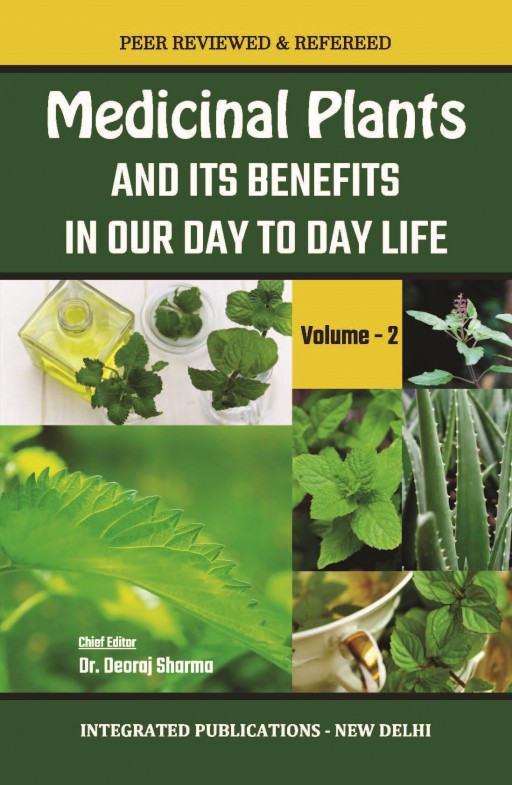Citrus is a Good Natural Source of Vitamin ‘C’


Vitamin C is plentifully available in several natural sources, as well as fresh fruits and vegetables. The richest sources of ascorbic acid are Indian gooseberry, citrus fruits like limes, oranges and lemons, tomatoes, potatoes, papaya and red peppers, kiwifruit, strawberries and cantaloupes, leafy vegetables like broccoli, fortified cereals and its juices also are wealthy sources of ascorbic acid. Citrus fruits and juices are wealthy in many kinds of bioactive compounds. Their inhibitor activity and connected edges derive not solely from ascorbic acid however additionally from different phytochemicals, mostly flavonoids. The preventing step for ascorbic acid (AA) absorption in humans is transcellular transportation across the intestine wherever AA is also oxidised to dehydroascorbic acid (DHAA) that is well carried across the semipermeable membrane and in real time reduced back to AA by 2 major pathways. AA bioavailability within the presence of flavonoids has yielded disputed results. Whereas flavonoids appear to prevent internal organ absorption of AA, some studies have shown that AA in citrus extract was more accessible than artificial ascorbic acid alone. DHAA is according to possess equivalent biological activity to AA, therefore recent studies considered the water-soluble vitamin activity within the diet because the addition of AA and DHAA. Humans are one in every of the few species lacking the accelerator (L-gulonolactone enzyme, GLO) to convert glucose to vitamin C. It's been urged that this can be thanks to a mutation that provided a survival advantage to early primates, since GLO produces cyanogenetic H2O2. Moreover, the high concentration of AA (and DHAA) in neural tissues might be the key issue that caused primates (vertebrates with comparatively huge brain) to lose the capability to synthesize vitamin C. Oxidative damage has several pathological implications in human health and AA might play a central role in maintaining the metabolic inhibitor response. The abundance of citrus juices within the Mediterranean diet might offer the most dietary supply for natural vitamin C.